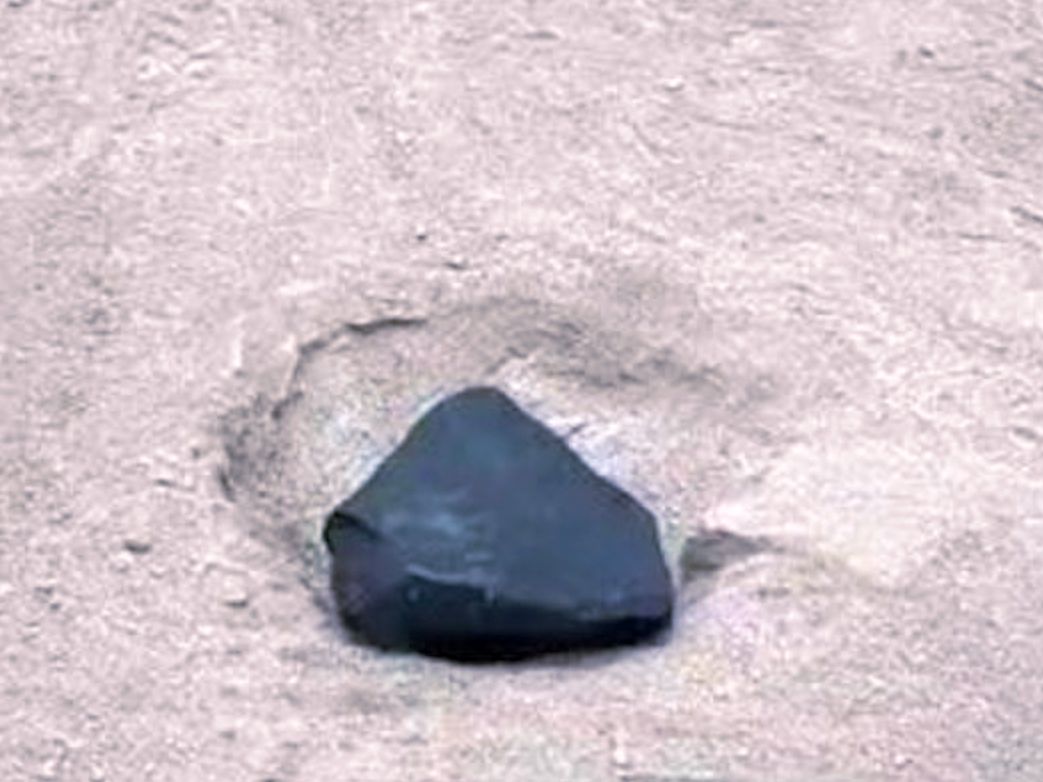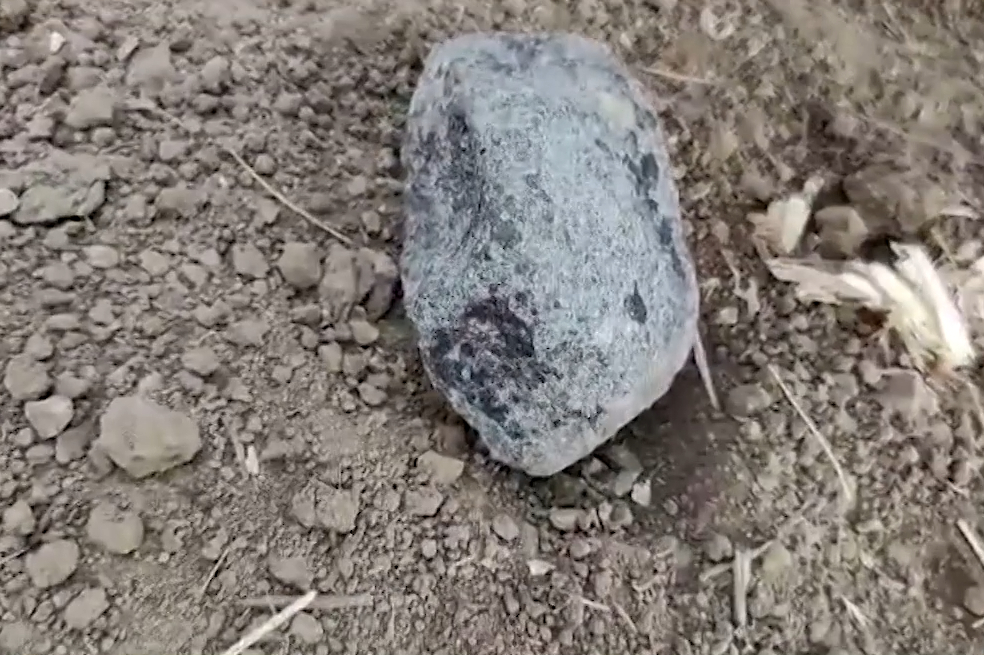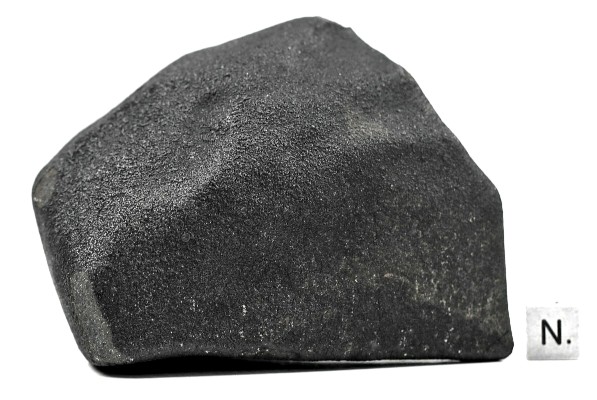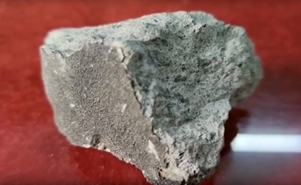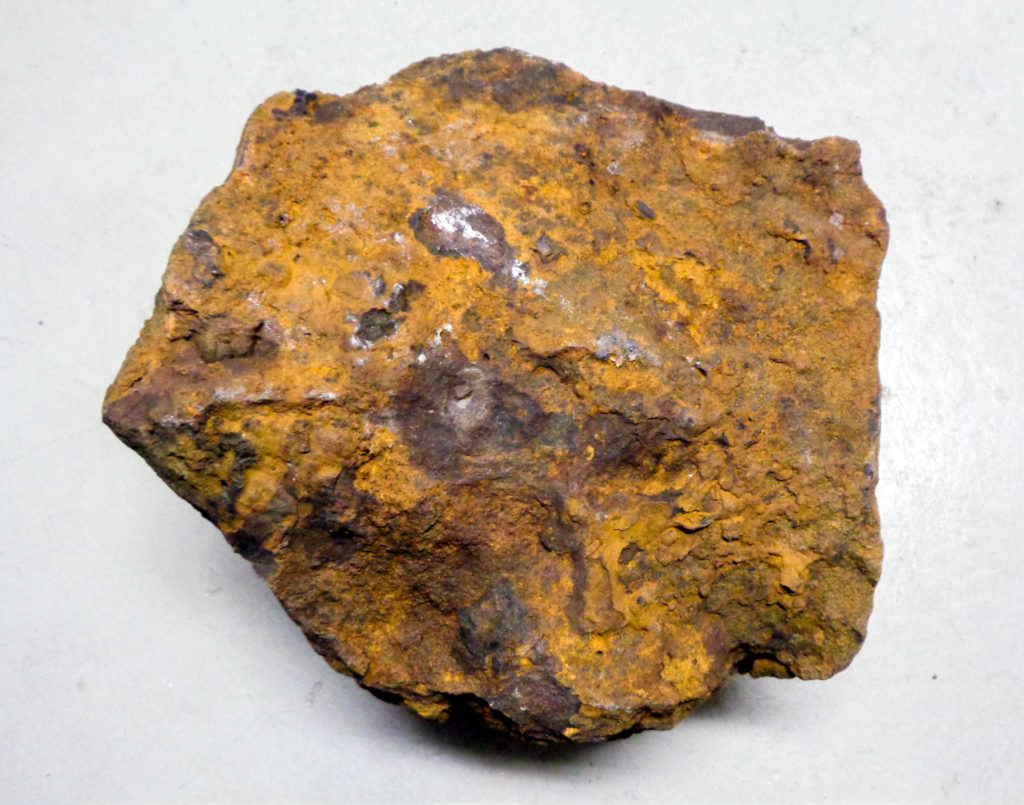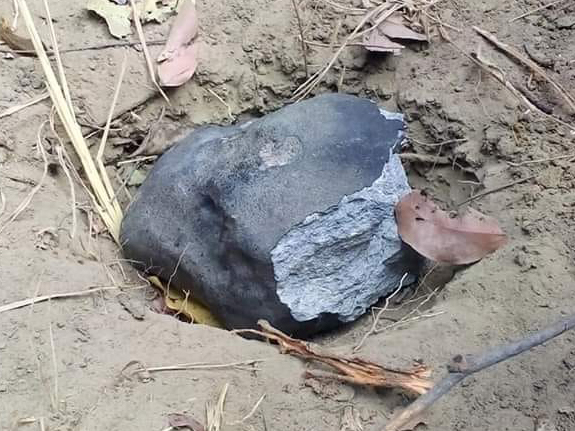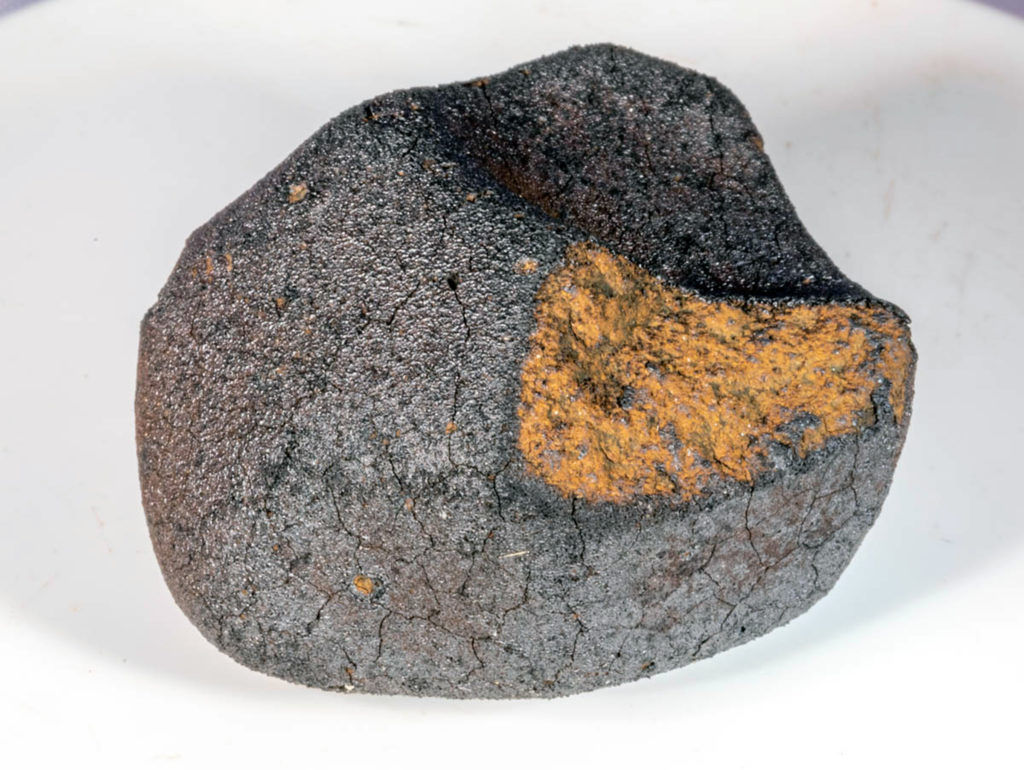Surface waves and crustal structure on MarsOPEN ACCESS
D. Kim, W. B. Banerdt, S. Ceylan, D. Giardini, V. Lekić, P. Lognonné, C. Beghein, É. Beucler, S. Carrasco, C. Charalambous, J. Clinton, M. Drilleau, C. Durán, M. Golombek, R. Joshi, A. Khan, B. Knapmeyer-Endrun, J. Li, R. Maguire, W. T. Pike, H. Samuel, M. Schimmel, N. C. Schmerr, S. C. Stähler, E. Stutzmann, M. Wieczorek, Z. Xu, A. Batov, E. Bozdag, N. Dahmen, P. Davis, T. Gudkova, A. Horleston, Q. Huang , T. Kawamura, S. D. King, S. M. McLennan, F. Nimmo, M. Plasman, A. C. Plesa, I. E. Stepanova, E. Weidner, G. Zenhäusern, I. J. Daubar, B. Fernando, R. F. Garcia, L. V. Posiolova, M. P. Panning
Science
27 Oct 2022, Vol 378, Issue 6618, pp. 417-421
LINK (OPEN ACCESS)
PDF (OPEN ACCESS)
“We detected surface waves from two meteorite impacts on Mars. By measuring group velocity dispersion along the impact-lander path, we obtained a direct constraint on crustal structure away from the InSight lander. The crust north of the equatorial dichotomy had a shear wave velocity of approximately 3.2 kilometers per second in the 5- to 30-kilometer depth range, with little depth variation. This implies a higher crustal density than inferred beneath the lander, suggesting either compositional differences or reduced porosity in the volcanic areas traversed by the surface waves. The lower velocities and the crustal layering observed beneath the landing site down to a 10-kilometer depth are not a global feature. Structural variations revealed by surface waves hold implications for models of the formation and thickness of the martian crust.”

